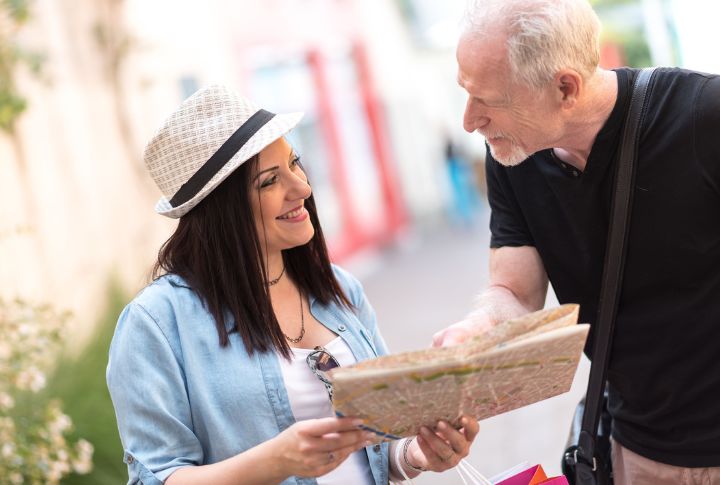
Planning a trip to France but feeling overwhelmed by the language barrier? What if a handful of French phrases could unlock a more authentic and enjoyable adventure? With these 15 essential expressions, you’ll be ordering croissants, asking for directions, and charming the locals in no time.
Bonjour – Hello / Good morning
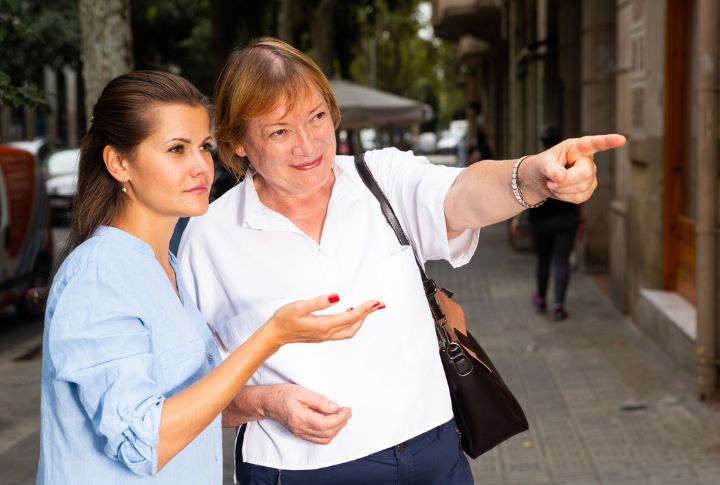
“Bonjour” is the quintessential French greeting, suitable for any time of the day until evening. It’s polite and shows respect. Using “bonjour” when entering shops and restaurants or even asking for directions can create a positive first impression and set a friendly tone for the interaction.
Bonsoir – Good evening
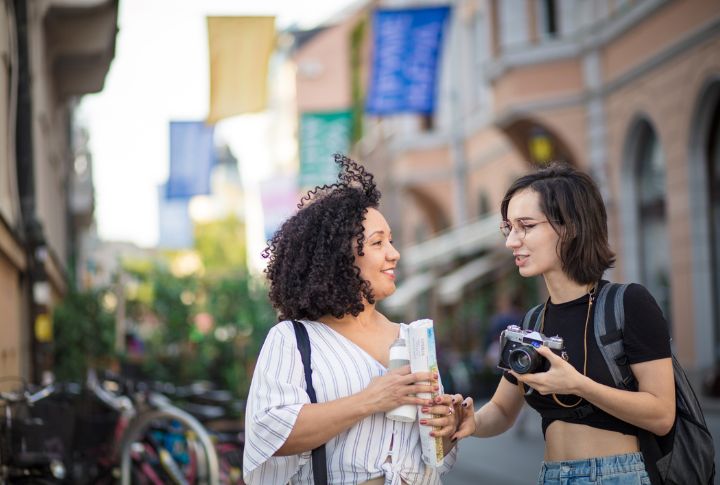
You say “Bonsoir” to greet someone in the evening, typically after 6 PM. This polite gesture indicates an awareness of the time of day. Demonstrate your attentiveness and cultural sensitivity by saying “Bonsoir” instead of “bonjour” in the evening.
Merci – Thank you
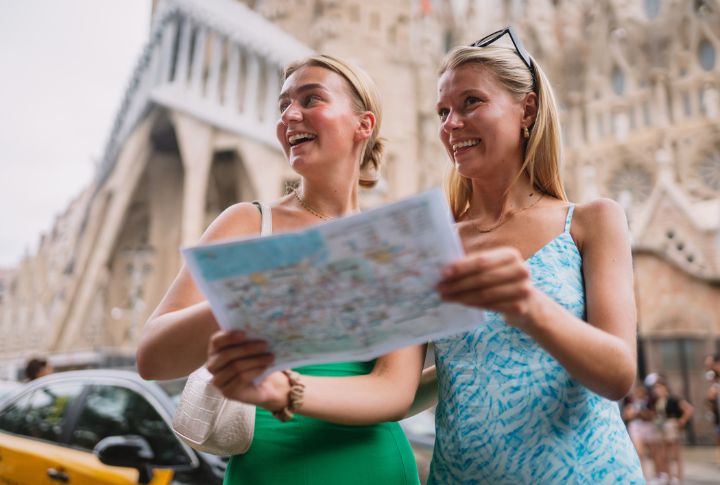
The most fundamental expression of gratitude in French is “Merci.” Whether someone holds the door open for you or provides directions, saying “merci” acknowledges their kindness and effort. It’s an easy way to show politeness and appreciation in any situation, nurturing goodwill.
S’il vous plaît – Please

Adding “s’il vous plaît” to your requests makes them polite and respectful. This phrase softens your requests and is important in courteous interactions such as ordering food, asking for help, or making inquiries.
Excusez-moi – Excuse me
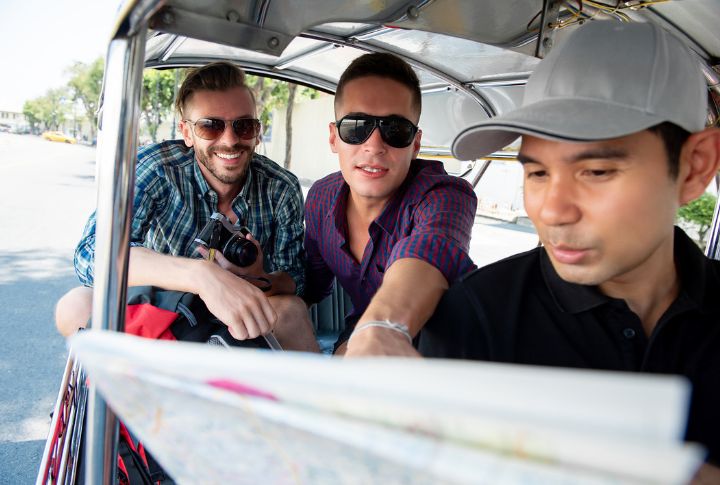
Being polite doesn’t cost a thing! “Excusez-moi” is a versatile phrase that’s essential for getting someone’s attention politely. It’s also a thoughtful way to apologize if you accidentally bump into someone. Using the phrase helps you maintain a respectful and courteous demeanor in any situation.
Parlez-vous anglais? – Do you speak English?

This phrase is incredibly helpful when you’re unsure of someone’s English proficiency. Asking “Parlez-vous anglais?” respectfully acknowledges the language barrier and can lead to smoother communication. It’s often appreciated more than immediately assuming the person speaks English.
Je ne parle pas bien français – I don’t speak French well

Admitting that your French isn’t perfect with “Je ne parle pas bien français” can elicit patience and assistance from locals. Showinghumility and a willingness to try, it will make people more inclined to help you and engage in simple, slow-paced conversation.
Où est… ? – Where is…?
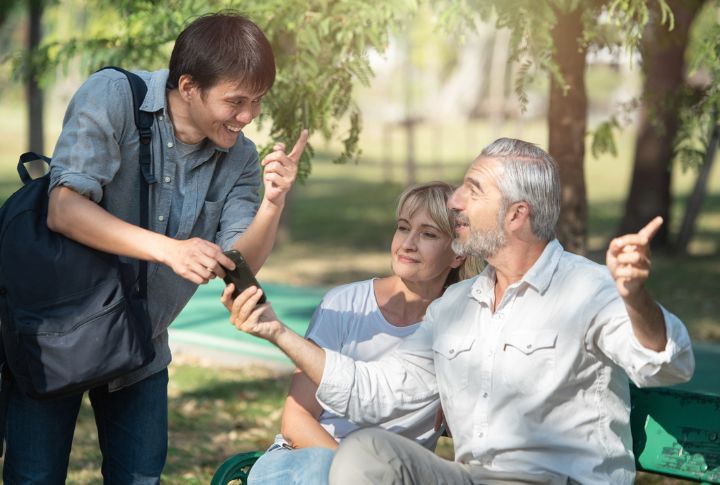
“Où est…?” is a flexible phrase for finding your way around. With this straightforward and practical question, you can let people know you are looking for the nearest bathroom, metro station, or landmark. It’s an essential tool for human relations and can save you time and confusion.
Combien ça coûte ? – How much does it cost?

When shopping or dining out, the question, “Combien ça coûte ?” will be useful. Knowing the cost beforehand can prevent misunderstandings and ensure you stay within your budget.
Je voudrais… – I would like…
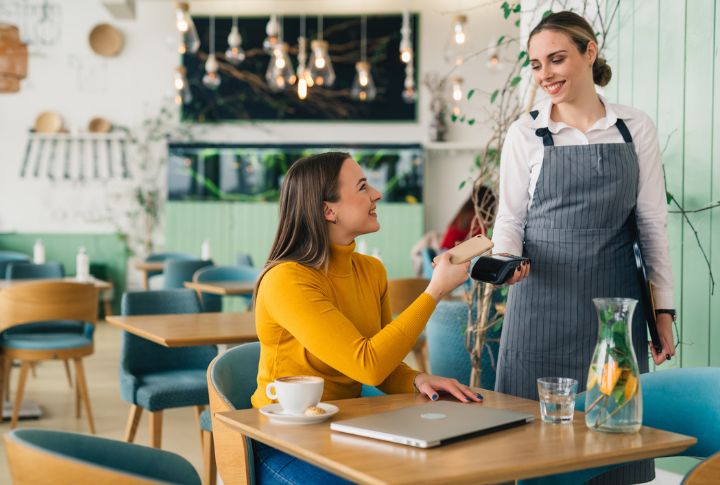
“Je voudrais” comes in handy for ordering in restaurants, purchasing tickets, or requesting services. It’s less direct than “I want,” making your request sound more courteous. Using this phrase shows respect and can enhance the quality of your interactions.
Pouvez-vous m’aider ? – Can you help me?
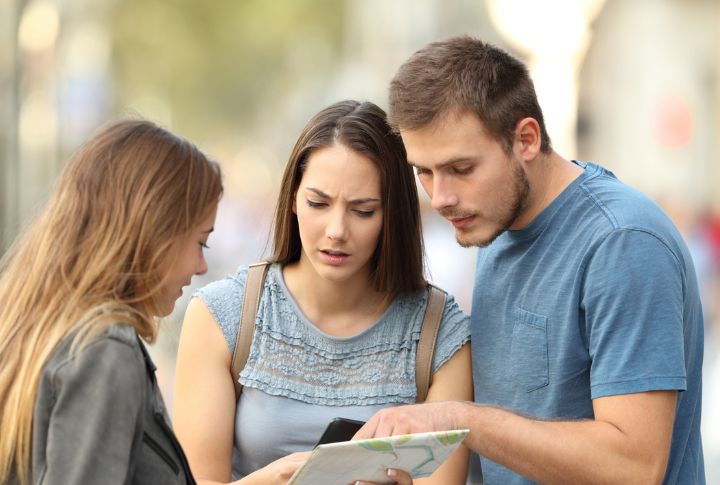
You will need to keep the question, “Pouvez-vous m’aider?” on your tongue always. When you need assistance in getting directions, recommendations, or dealing with a problem, it will help.
Je suis perdu(e) – I am lost
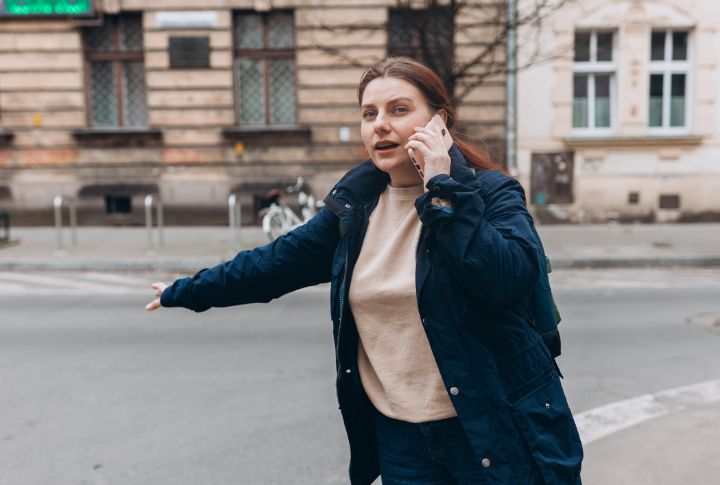
Using “Je suis perdu(e)” can immediately signal to locals that you need assistance finding your way. It’s a straightforward plea for help that can elicit empathy and guidance, making it easier to navigate unfamiliar places and ensuring you get back on track quickly.
Où sont les toilettes? – Where are the restrooms?
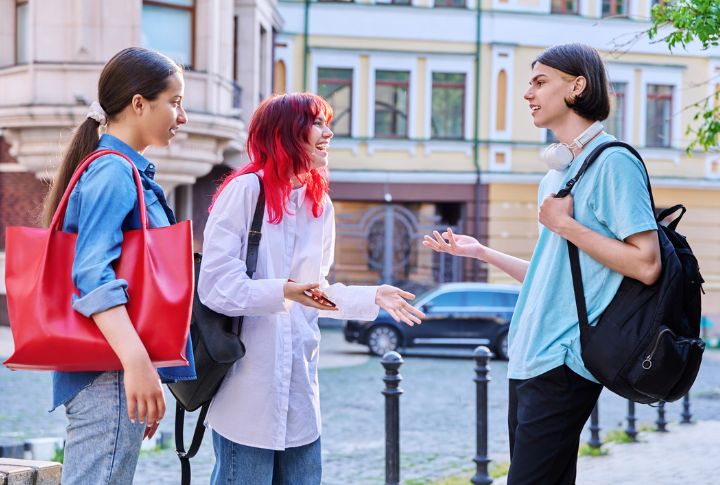
In public places, knowing how to ask “Où sont les toilettes ?” is key. Restroom locations aren’t always obvious, and this phrase can save you from discomfort.
L’addition, s’il vous plaît – The check, please
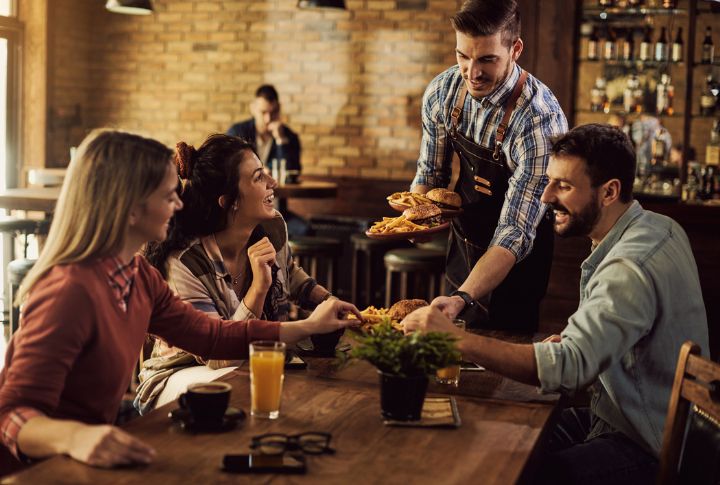
“L’addition, s’il vous plaît” is essential for dining out. French restaurants typically don’t bring the check until asked, so this phrase is necessary to conclude your meal. It’s polite and efficient, ensuring you can smoothly wrap up your dining experience.
Au revoir – Goodbye

Saying “Au revoir” when leaving a place or parting from someone is a polite and respectful way to say goodbye. It’s used universally and shows good manners. Using “au revoir” appropriately leaves a positive final impression when you’re leaving a shop, a restaurant, or a social gathering.
